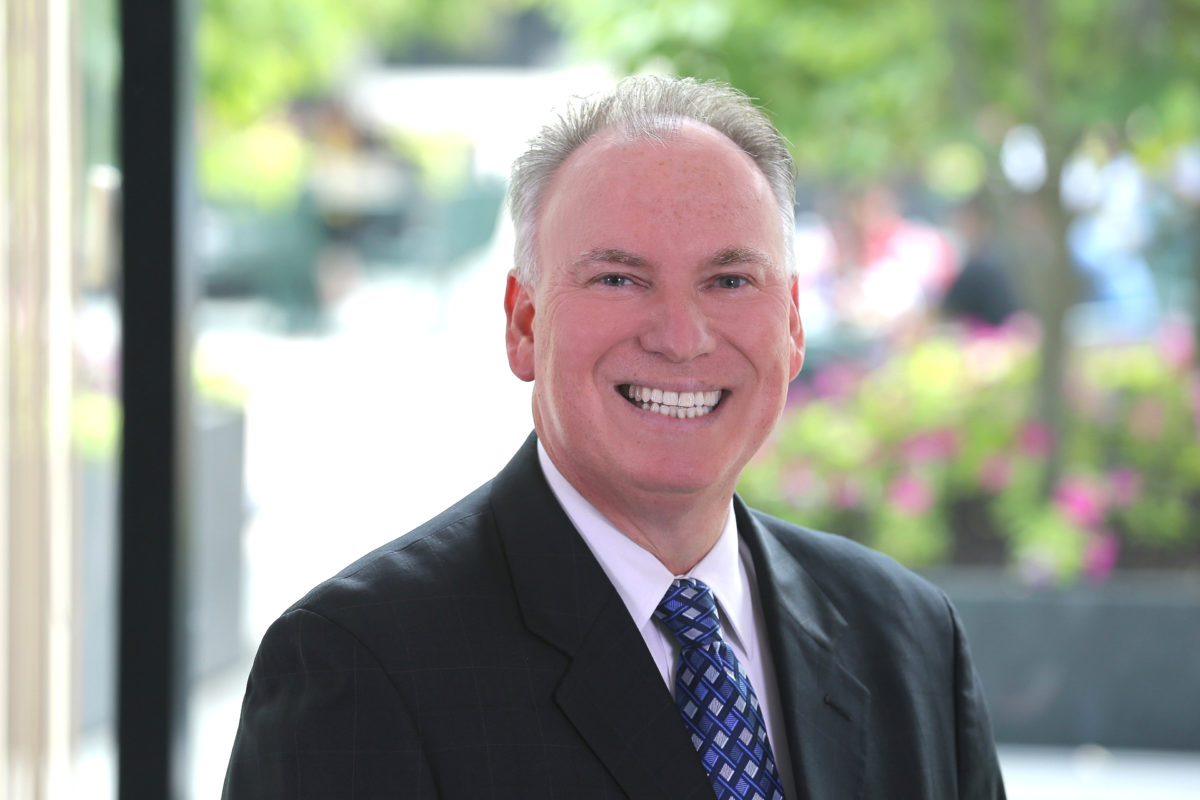Hudson River Sloop Clearwater, the environmental group based in Beacon, is challenging a nuclear subsidy in New York’s Clean Energy Standard in state court, the second legal challenge to Gov. Andrew Cuomo’s ambitious clean energy plan.
 Clearwater’s challenge, filed Nov. 30 in state Supreme Court in Albany, claims the state Public Service Commission acted improperly when it offered a subsidy to keep three ailing upstate nuclear energy plants running by requiring the state’s six investor-owned utilities to purchase so-called zero-emission credits to help fund the operations of the plants. The nuclear subsidy was built into Cuomo”™s Clean Energy Standard, which mandates the state receive 50 percent of its energy through renewable sources by 2030. The plan designates up to $965 million over two years to keep endangered nuclear reactors in service while the state builds up its renewable energy infrastructure.
Clearwater’s challenge, filed Nov. 30 in state Supreme Court in Albany, claims the state Public Service Commission acted improperly when it offered a subsidy to keep three ailing upstate nuclear energy plants running by requiring the state’s six investor-owned utilities to purchase so-called zero-emission credits to help fund the operations of the plants. The nuclear subsidy was built into Cuomo”™s Clean Energy Standard, which mandates the state receive 50 percent of its energy through renewable sources by 2030. The plan designates up to $965 million over two years to keep endangered nuclear reactors in service while the state builds up its renewable energy infrastructure.
“Opposing this subsidy will demonstrate to the country that nuclear power is not where our dollars need to be spent,” said Manna Jo Greene, environmental action director at Clearwater. “Many of these nuclear plants are aging, leaky and dangerous. Clearwater strongly supports (the state’s) goal of 50 percent renewable energy generation by 2030, but opposes the nuclear subsidy.”
The nuclear subsidy will be reassessed every two years but could end up costing more than $7 billion over 12 years, by some estimates. Since the subsidy was announced, one of the plants, James A. Fitzpatrick Nuclear Power Plant in Oswego County, has been sold by Entergy Corp. to Chicago-based Exelon Corp. The sale put Exelon in sole possession of the three plants set to receive ratepayer dollars in the subsidy: Nine Mile Point, also in Oswego County, and the R. E. Ginna Nuclear Power Plant in Wayne County.
In the lawsuit, Clearwater says the subsidy “would bring about one of the largest transfers of wealth from the ratepaying public to a single corporate entity in New York State history.”
Indian Point Energy Center in Buchanan, owned by Entergy, does not qualify for the subsidy program because it is not facing financial issues, according to the PSC order.
Clearwater’s lawsuit, filed jointly with Rockland County organic farm Goshen Green Farms LLC, challenges the subsidy plan on multiple grounds. It argues the PSC violated state administrative procedures by not providing enough time for public comment on the nuclear subsidy. The suit also questions the zero-emissions language the state uses to describe the credits for nuclear plants, which Clearwater says “is scientifically invalid, and contradicts public understanding.”
“It”™s reasonable to call true renewable energy such as solar and wind power ”˜zero emissions”™ ”” but not these aging nuclear plants,” Greene said. “They are far from emission-free, and the implication that keeping them running somehow will lower (greenhouse gas) emissions is unsubstantiated.”
The lawsuit further claims that the state could have considered additional alternatives to the nuclear subsidy, such as aggressive investment in renewable energy, to help achieve the Clean Energy Standard”™s goal of generating half of New York”™s energy from renewable sources by 2030.
Clearwater’s lawsuit seeks to either have the subsidy blocked or significantly altered, including prohibiting the PSC from locking in subsidies for the next 12 years.
While Cuomo said the Clean Energy Standard made New York “a national leader in the clean energy economy,” the reaction to the subsidy has turned at least part of the plan radioactive.
In October, a group of energy plant owners and trade groups sued in federal court to overturn portions of the Clean Energy Standard, which the group argues interferes with the federal government’s ability to set energy prices. A group called “Stop The Cuomo Tax” has rallied more than 100 organizations, including Hudson River Sloop Clearwater, to the opposition against the nuclear subsidy.
Cuomo has pitched nuclear power as a bridge to a more clean energy-focused future, saying that the loss of the state’s nuclear plants could lead to an increase in carbon emissions of more than 31 million metric tons during the next two years. The state estimates the subsidy will add about $2 a month to ratepayers bills.
“Clearwater’s opposition to nuclear energy is based on ideology, not reality, and ignores the many benefits these upstate nuclear plants provide,” PSC spokesman Jon Sorenson said. “Our Zero Emission Credit plan is a cheaper, sensible way to have the existing carbon-free nuke fleet serve as a bridge to renewables as opposed to importing fracked gas and using dirty oil.”






















